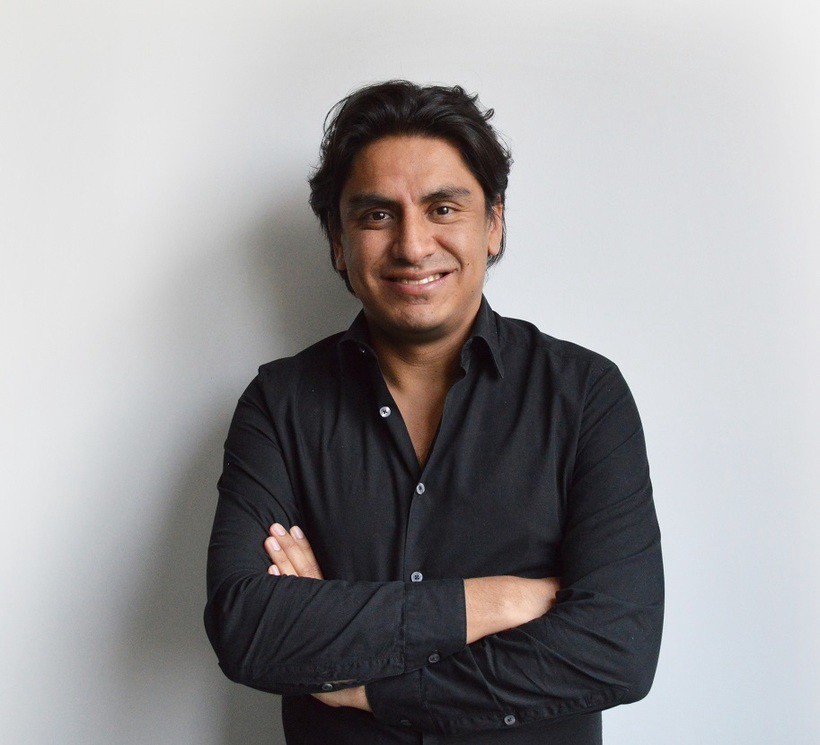He holds a Master’s degree in Economics from the Universitat Pompeu Fabra and a Bachelor’s degree in Economics from the Centro de Investigación y Docencia Económicas (CIDE). Member of the Executive Board of Oxfam International and Executive Director of Oxfam Mexico between 2015 and 2020. Previously, he was head of Research at Oxfam Great Britain, where he was in charge of analysis, report writing and the creation of the intellectual framework for the global «Even it Up» campaign. His work includes «Ruling for Elites», the first in a series of Oxfam papers focusing on inequality and cited extensively by world leaders including Barack Obama, Christine Lagarde and Bernie Sanders. Ricardo has also co-authored several Human Development Reports for UNDP and a World Development Report for the World Bank. He is currently Director, Equity and Social Protection at ODI and Chief Economist at the Data-Pop Alliance.
What do you think are the current challenges in the cooperation sector?
I believe that one of the great challenges has to do with the distrust and loss of legitimacy that many organisations and institutions of the 20th century (including liberal democracy) have suffered. Large parts of the international development community have become, or are perceived as part of a system that is a bit unfair, breeding inequalities and «exclusionary». I believe that the development sector never fully solved the problem of the White Savior Industrial Complex that Teju Cole described so eloquently 10 years ago in this article
How do you consider they should be faced?
With a lot of humility and a lot of redistribution of resources. The development community should not be there to tell people what to do, but rather to facilitate dialogues and processes that help people to find, design and implement their own solutions, and perhaps even to systematise the knowledge that emerges from those solutions. And also with new financing models that allow financial resources to reach the final recipients.



